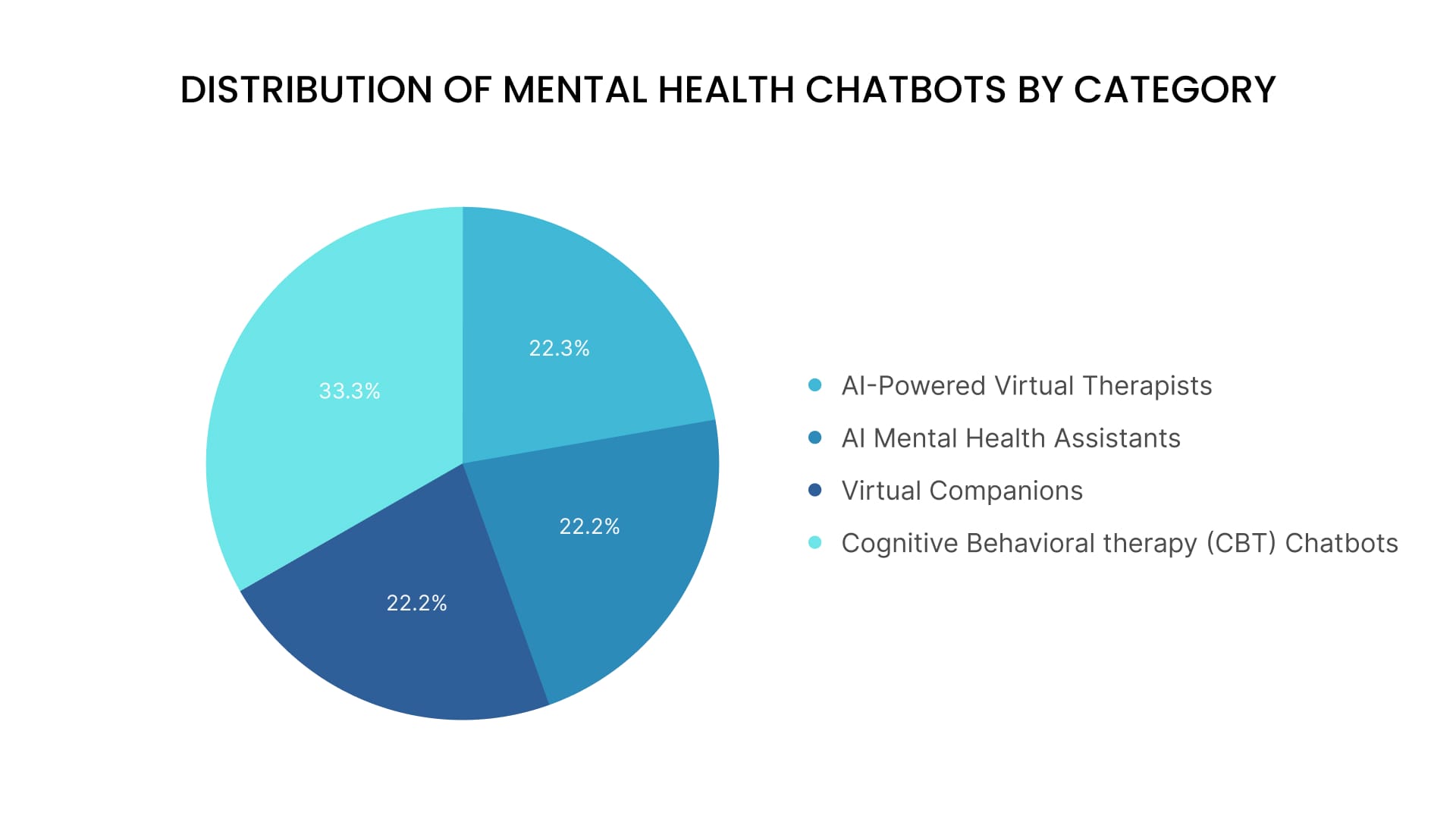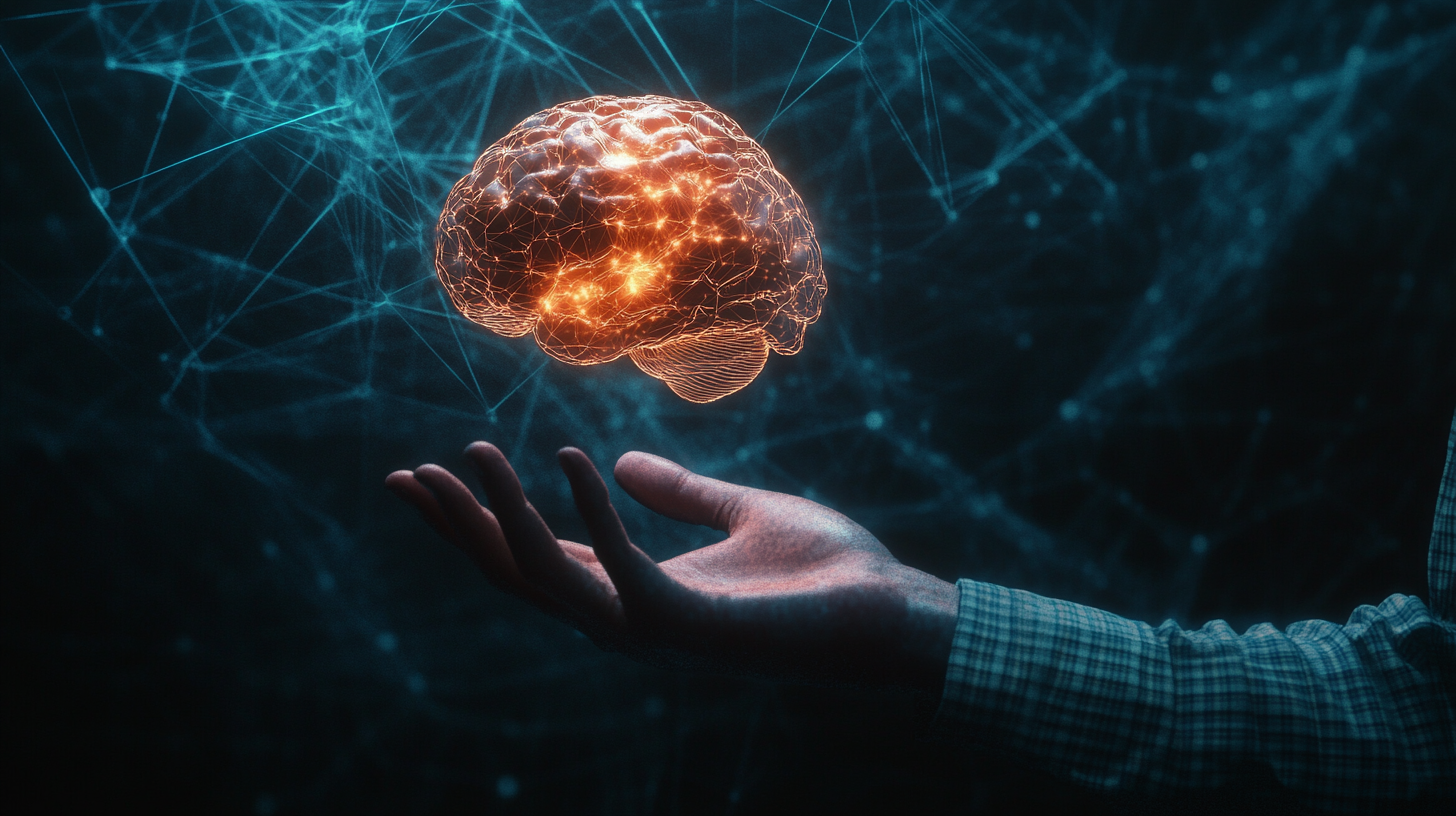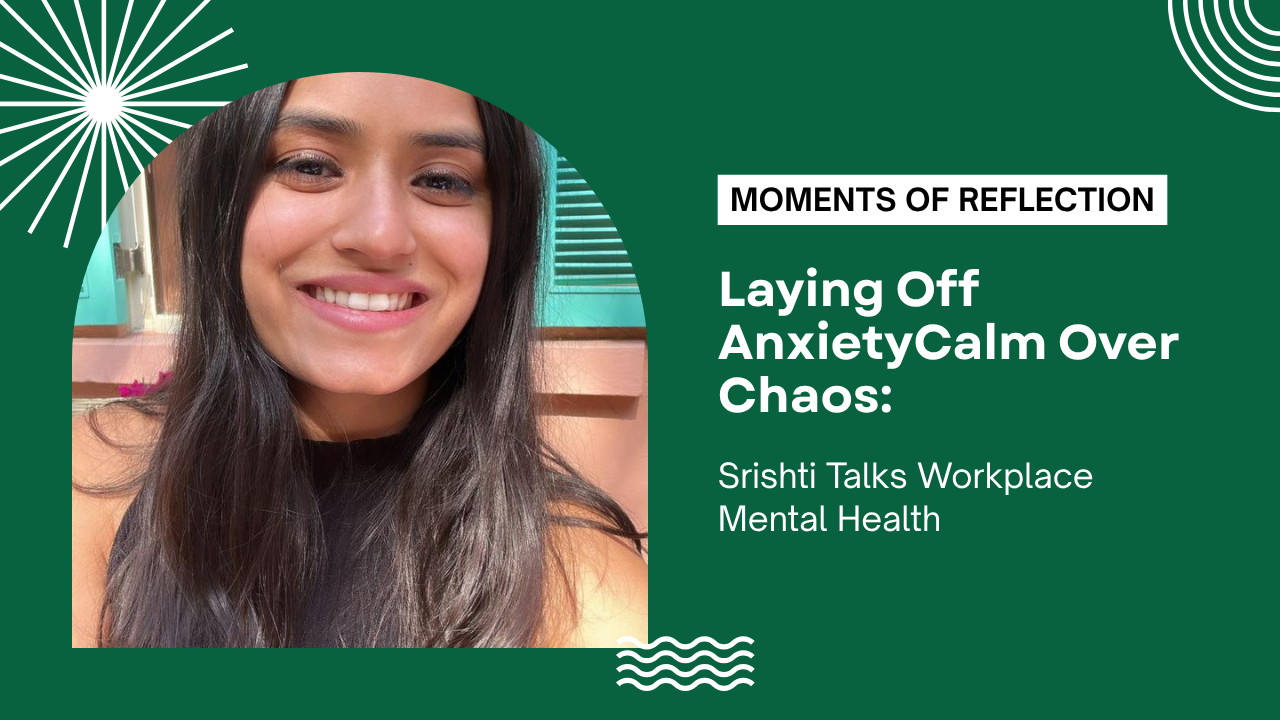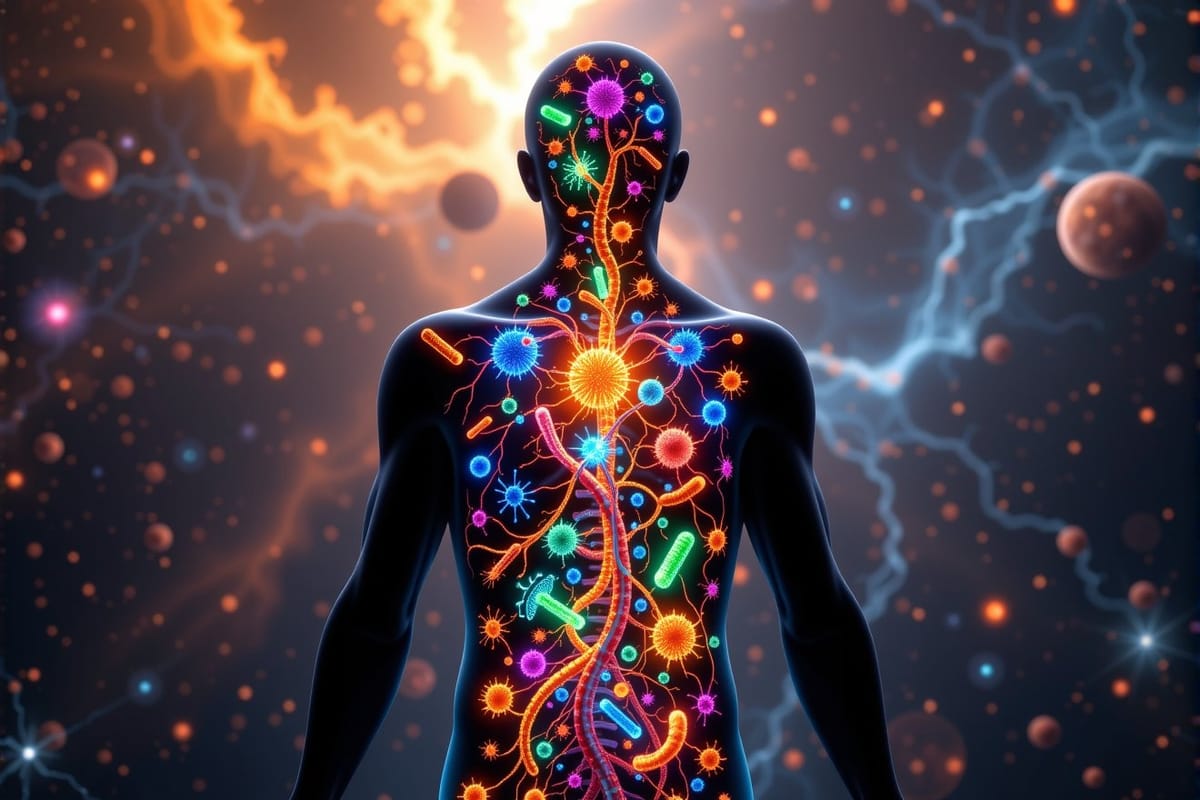AI and Mindfulness: The Future of Stress Management in Healthcare
The healthcare industry is no stranger to stress. From managing patient care to navigating administrative pressures, healthcare professionals often face high levels of burnout and mental fatigue. But what if technology could offer a lifeline? Enter the intersection of AI and mindfulness—a futuristic duo that's setting the stage for revolutionary stress management solutions in healthcare.
A Modern Solution to an Age-Old Problem
Stress has always been an issue in healthcare, but it's never been more pronounced than today. With long hours, complex cases, and the ongoing demands of patient care, healthcare professionals are burning out at alarming rates. Traditional stress management techniques, like meditation or counseling, can be helpful but often aren't enough in such a fast-paced environment.
This is where AI comes in. By combining the power of artificial intelligence with the time-tested benefits of mindfulness practices, AI offers a personalized, scalable solution to stress management. And it's not just about fancy apps—AI has the potential to revolutionize how healthcare workers deal with stress on a daily basis.
AI-Powered Mindfulness Tools: The Smart Way to Relax
AI-powered mindfulness apps are already beginning to make their mark in the healthcare industry. These tools use algorithms to analyze a user's stress patterns, mood, and physiological signals (like heart rate or sleep quality) to offer tailored mindfulness practices. Imagine a healthcare professional getting a personalized alert suggesting a quick breathing exercise or a short meditation session when their stress levels peak. With the precision of AI, these recommendations are optimized for each individual's needs, making the practice more effective.
For instance, platforms like Headspace and Calm are introducing AI features that adapt mindfulness exercises based on real-time data. As healthcare professionals juggle multiple responsibilities, this intelligent approach allows them to manage their mental well-being without taking time away from their demanding schedules.
Personalized Stress Management: One Size Doesn’t Fit All
One of the biggest advantages of combining AI and mindfulness is the personalization factor. Stress management isn’t one-size-fits-all, especially in healthcare. What works for one professional may not work for another. AI can analyze data points—such as job role, stress triggers, and personal preferences—to create custom-tailored recommendations. This ensures that the mindfulness practices suggested are not only effective but also fit seamlessly into an individual’s lifestyle.
For example, a surgeon facing a high-stakes operation might need a different type of mindfulness tool than a nurse on a busy floor. AI can recognize these nuances and suggest relaxation techniques that are best suited for the specific stressors each professional encounters.

The Integration of Wearables: Stress Monitoring in Real Time
Wearable technology is another game-changer in the intersection of AI and mindfulness. Devices like smartwatches or fitness trackers are already tracking key metrics such as heart rate, sleep patterns, and physical activity. But with AI integrated into these devices, real-time data can trigger mindfulness reminders to address rising stress levels.
For instance, if a healthcare worker’s heart rate spikes during a stressful moment, an AI-powered wearable could prompt a 3-minute guided breathing session. This seamless integration of technology can offer immediate stress relief without the need to leave the workplace or disrupt the flow of care.
AI and Mindfulness: A Partnership for Long-Term Well-Being
The long-term benefits of AI-assisted mindfulness practices go beyond just stress relief. Healthcare professionals are prone to burnout and compassion fatigue, which can negatively impact patient care. By integrating mindfulness and AI into their daily routines, professionals can improve their emotional resilience, mental clarity, and job satisfaction.
In the future, AI-powered mindfulness tools could even track a healthcare professional’s overall mental health, offering ongoing support and guidance. This would help to prevent burnout before it sets in, offering early interventions and strategies that keep stress at bay.
The Ethical Considerations: Balancing AI and Human Touch
While the potential benefits of AI in healthcare mindfulness are immense, it’s important to balance technology with the human touch. Healthcare professionals are in a deeply personal field, and while AI can offer powerful tools, it should never replace human empathy or the therapeutic value of human connection.
AI’s role is to supplement mindfulness practices, not replace them. Mindfulness is about cultivating self-awareness and emotional intelligence—qualities that require genuine human interaction. The future will likely see AI acting as a supportive assistant, helping healthcare professionals manage their stress, but still relying on human relationships and professional care for emotional well-being.
The Takeaway: A Healthier, Happier Healthcare Workforce
AI and mindfulness are not just buzzwords—they’re part of a future where healthcare professionals can thrive, not just survive. By harnessing AI’s power to provide personalized mindfulness support, the healthcare industry is poised to tackle stress and burnout head-on. With a healthier, happier workforce, the benefits extend to patients as well, as doctors, nurses, and caregivers are better equipped to provide compassionate care.
As we look to the future, AI and mindfulness could very well become the cornerstone of a stress-free healthcare environment. After all, a well-balanced healthcare professional leads to a well-cared-for patient—and that’s a win for everyone.







Comments